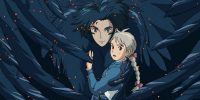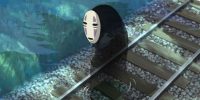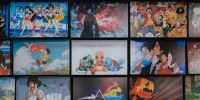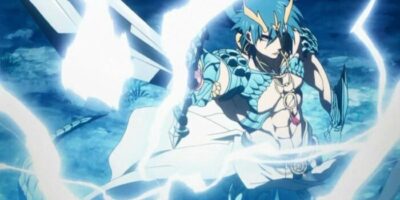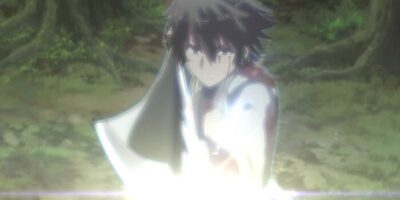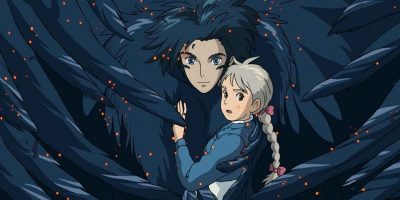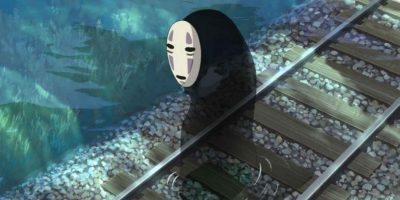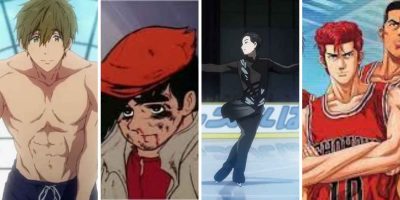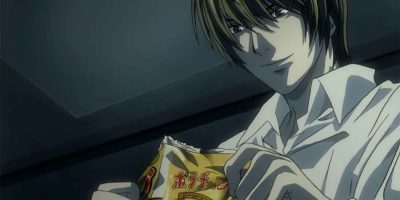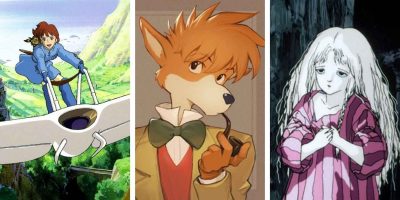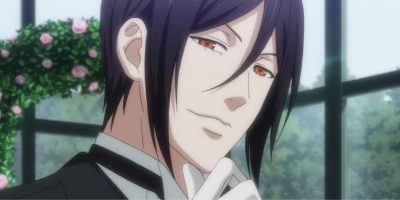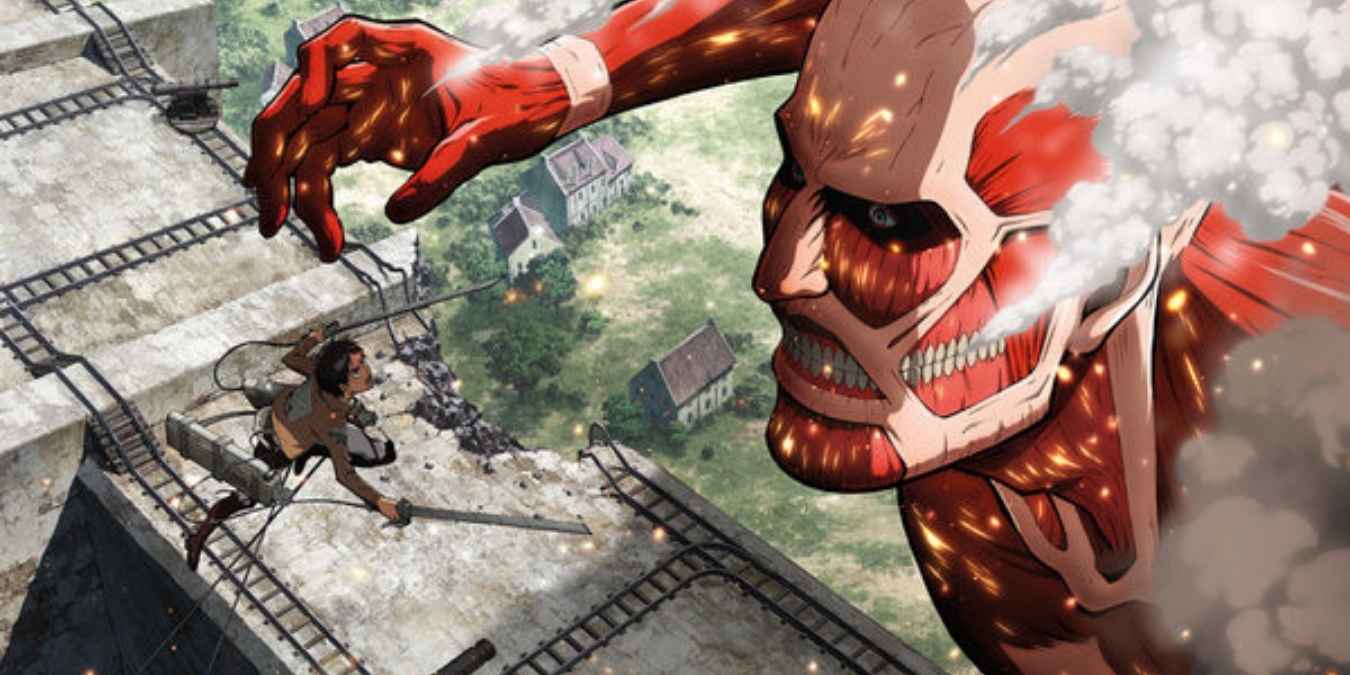
One of the reasons Attack on Titan is such an immersive, epic viewing experience is the nuance of the series. While many anime have intricate worlds, the attention to detail on display in AoT is second to none. With all that thought going into the series, it’s hardly surprising that there are a lot of underlying themes that tackle some fairly serious issues.
It’s easy to get caught up in the story while watching and miss the underlying messages – particularly when they’re subtly woven through the plot and not glaringly obvious. Here are some Attack on Titan themes that you may have missed.
Looking for another epic anime series to watch? Check out our guide to Black Butler.
1. Military Matters
The military in the Attack on Titan universe has been carefully structured to mirror the way military forces work in reality. One assumes this is partly because it’s how a military force needs to function on a practical level. But on a philosophical level, it allows the showrunners to draw attention to real-world military issues and highlight questions that we don’t often get a chance to ask or consider otherwise.
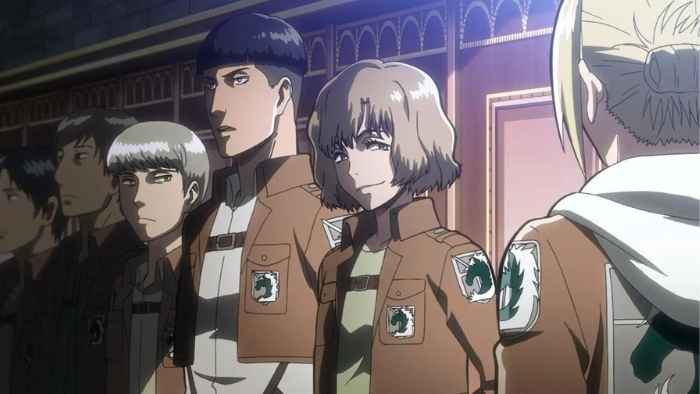
AoT’s military is divided – as most real militaries are – into various branches, including the Survey Corps, Military Police and Garrison. The bulk of the war effort is carried out by the Survey Corp.
The military commanders are plagued by complex questions throughout the series with no easy answers. From the issue of strategizing when so much is at stake and failure is fatal, to the seemingly impossible question of sacrifice.
What are they willing to sacrifice to ensure victory?
It’s a peek behind the curtain at the dilemmas real military leaders face, perfectly highlighting that these things are far more complex than they may appear.
Getting angry with leaders for the loss of life is easy when you’re not the one responsible for preserving the lives of an entire nation. Or, in this case, an entire species.
2. The Beauty Of Diversity
One of the more visually prominent Attack on Titan themes is the beauty that can be found within diversity. In a world that is at once far flung from our own, where humanity has been forced to hide behind walls to survive, everything is still quite familiar. The landscapes in the series are stunning, juxtaposed by the constant threat of destruction lurking just beyond the walls and the need for industrialization of all those lush green fields and flowing rivers within.
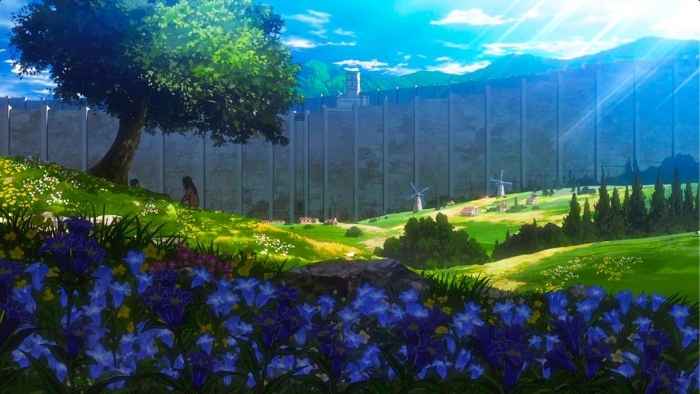
At the same time, the characters themselves are a diverse array of individuals who differ vastly, not only in appearance but also in background, upbringing, skills, and philosophy. Despite this, they have discovered that pooling the resources of their diverse natures is the key to ensuring the survival of the human race.
Quite the poignant message and a philosophy we could all benefit from adopting.
3. The Courage To Continue
Winston Churchill once famously said, “Success is not final; failure is not fatal: it is the courage to continue that counts.” While the sentiment is frequently echoed in accounts of the second world war (and war in general), few fictional characters have ever embodied it as perfectly as Eren Yeager.
He begins his AoT journey determined to kill all the titans and free humanity. To achieve this, he joins the Survey Corps, but quickly finds it’s not nearly as easy to kill a titan as he imagined. Time and again, Eren fails. Yet time and again, he gets back up and persists. Rather than allowing his losses to consume him or erode his spirit, he uses them to fuel his quest and get one step closer to his goal.
It’s refreshing to encounter a hero who doesn’t immediately succeed, particularly in anime, where you have the likes of Goku knocking about, who had to become a god, because every victory required him to become more powerful, and he never loses.
4. Life Is Fragile, Fear Is Constant
Another major Attack on Titan theme that is more conspicuous is the fragility of life and the constant presence of fear. Given the harsh nature of this fictional world with death literally stalking them just beyond the wall, it’s hardly surprising that the series is so adept at conveying this concept.
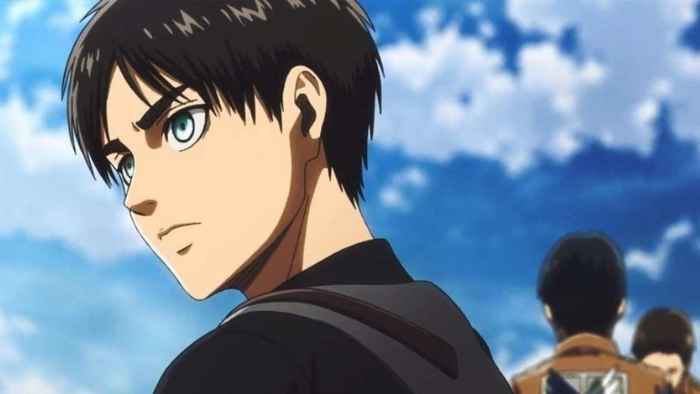
Many (if not all) of the characters in the show live in constant fear. Those who bravely defend their fellow humans do not do so without fear but with a healthy respect for the reality they face.
True bravery, after all, is not the absence of fear but the determination to fight on despite the terror you feel. Setting aside your fear to concentrate on the task at hand does not mean you’re unafraid.
If history has taught us anything, it’s that those who fear nothing either have nothing to lose or become arrogant and ultimately fail.
This is quite the allegory for modern life, particularly in the post-pandemic world, in which we have all learned that one does not need to be at war to face death around every corner.
5. A Classist Society
Another Attack On Titan theme that is – for some at least- surprising is the deep dive into classism. While modern Japan has its own monarchy and has developed into a new league of class-based society formed around capitalism (with wealth being the predominant determination of status), it’s not often futuristic anime that explores the subject.
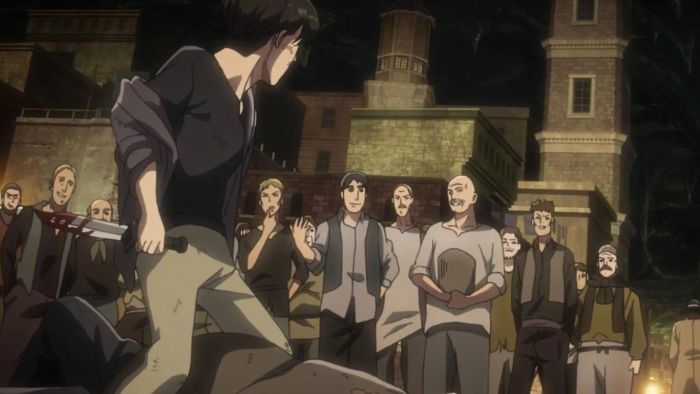
The future utopia or dystopia is often the subject at hand when dealing with anything in the future. Yet Attack On Titan features a largely class-based society. At the top of the pecking order is the King and all the people dwelling with Wall Sina. In this world, however, status isn’t determined by wealth so much as geography; the further you are from the central nexus, the lower your social class is considered to be. Of course, wealth allows you to buy better geography, so it’s still a capitalist system.
While it is, to a large extent, a case of a ‘working’ class doing the grunt work at the fringes for the benefit of the wealthy ‘upper class’ within, it isn’t quite so clear cut. Some choose to dwell in the outer areas to protect those within.
Despite this, the disparity between classes is clearly portrayed. The outer areas and lower classes dwelling there are impoverished, starving, and frequently sold into slavery. By contrast, those within Wall Sina live in the lap of luxury, eat lavishly, and have cushy jobs. Like any classist society, those at the bottom covet the lives of those at the top. Meanwhile, the upper echelons try their best to pretend the ladder’s lower rungs don’t exist, and they don’t step on them to get where they are.
And, of course, classism leads to bullying, with Armin taking a great deal of flack for his position in life. From the very first episode, when Eren and Mikasa have to step in and defend him from bullies. While classism is a central theme of the AoT society, bullying is a lesser – but still highly relatable – motif running through the show.
Looking for more anime content that digs a bit deeper? Check out the anime influences behind Stranger Things.
